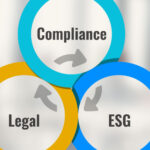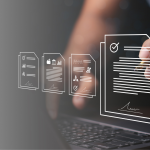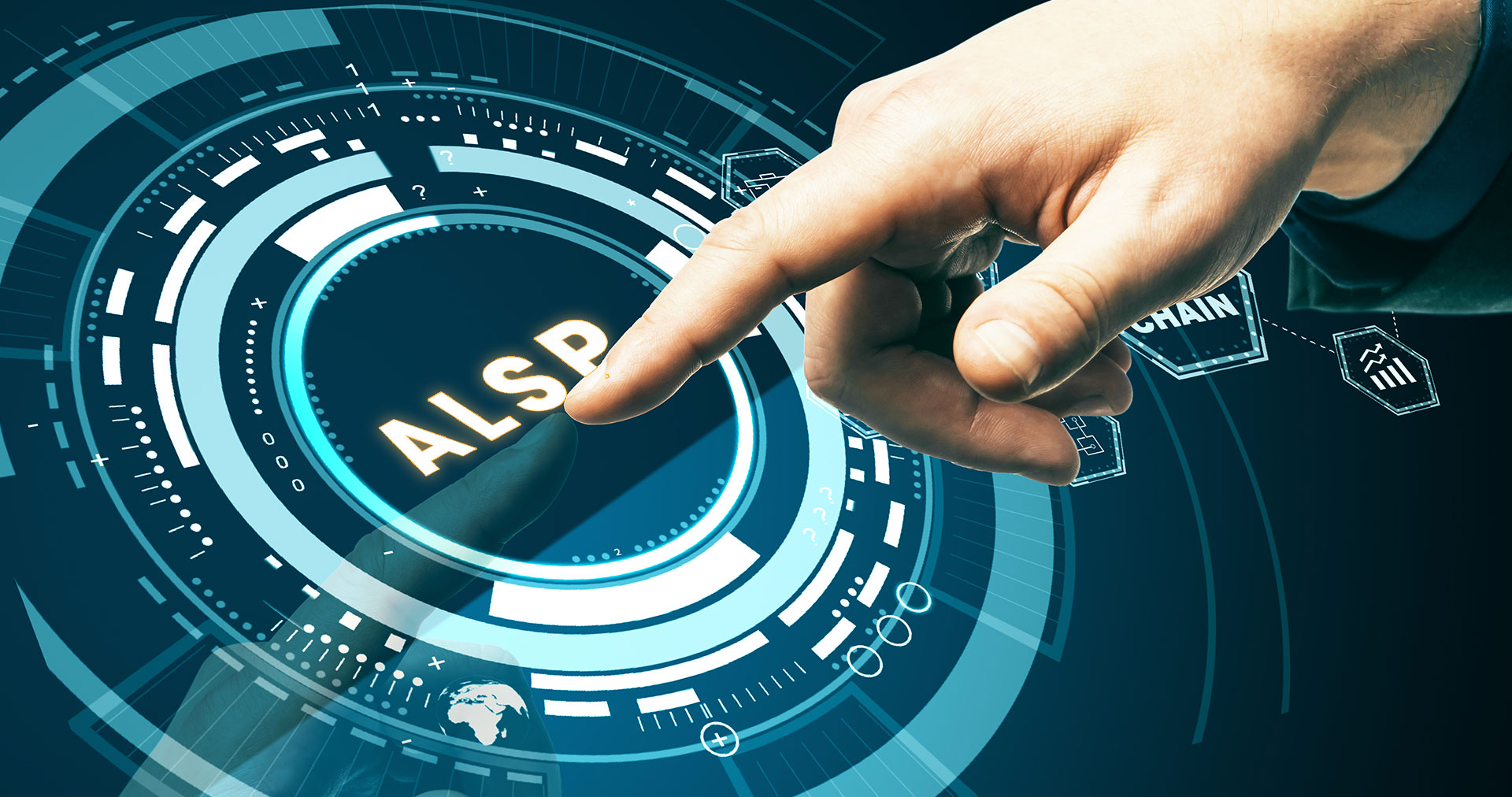One of the biggest disruptions in the world of legal was when legal-specific technology (legal tech) made its entry more than 4 decades ago. Let’s go time traveling and jump back in history to find out more about the time legal tech was invented, its adoption, and how it has transformed exponentially over the decades into its myriad current avatars!
Join us as we dive into the rich and impressive world of legal tech in this article! You’ll find out the differences between legal tech, which is created exclusively for legal workflows, and general software. Legal departments and corporate counsel rely on legal tech to improve their processes, bringing high-value work to their organizations.
The History of Legal-specific Tech
LinkSquares goes back to the future while detailing the launch of the granddaddy of legal tech, “after dictation machines became all the rage in the 1950s, the next tech book happened in the 1970s with the introduction of computer-assisted legal research (CALR).” Legal-specific software was designed with the intent to automate legal tasks so that legal workflows could be streamlined. The objective was to free up time for legal teams so that they could provide value to their organization beyond merely working on rote tasks. Legal departments could provide counsel, focus on pressing matters, and stay efficient in order for their organization to meet demands, boost profits, and support the company beyond legal.
The latest iteration of legal tech lies in AI-powered tools and software with machine learning (ML) and natural language processing (NLP) models built exclusively for nuances in legal workflows and projects. These tools are highly efficient and offer zero-error margin, which is what legal departments and corporate counsel are looking for.

Differences Between Off-the-Shelf Software and Legal Tech
The legal industry faces a unique challenge when selecting software because they need to balance cost-efficiency with legal-specific requirements. Most organizations offer the legal department a very tight and specific legal budget.
Off-the-shelf software, designed for general use, offers a lower price point and quicker implementation. However, it often lacks the intricate features tailored to legal workflows, such as matter management, time tracking, and document automation.
On the other hand, legal-specific solutions are crafted to address the complex nature of legal department and corporate counsel workflows. While legal-specific software is usually more expensive upfront, they provide tailored functionalities, seamless integration with legal databases, and compliance features.
Legal-specific templates delivered 65% time savings
Challenges of Using Off-the-shelf Solutions
Legal work requirements demand specialized tools formulated specifically for legal departments and corporate counsel.
- Generic business software, designed for broad applications, does not meet the unique needs of legal teams at organizations.
- Off-the-shelf solutions lack the depth and precision required for efficient legal practice, potentially compromising service delivery and compliance.
- This type of software does not consider the evolving compliance environment.
Benefits of Legal-specific Software
Legal departments and corporate counsel can consider integrating legal-specific software into their legal workflows for the benefits it offers.
- Legal-specific technology platforms are meticulously crafted to address the intricacies of the legal profession.
- These solutions are created by understanding legal workflows and regulatory requirements to drive efficiency and accuracy.
- Since legal teams work with confidential data and information, they require data security measures that only legal-specific softwares offer.
- Legal teams that embrace legal-specific technology gain a competitive edge by streamlining operations.
- Legal-specific software helps legal teams enhance client service, mitigate risks, and most importantly – stay compliant with rules and regulations.
Should my legal department implement legal-specific software?
At the end of the day, the decision of which software to implement lies with the legal team’s size, budget, and specific requirements. Smaller organizations might opt for off-the-shelf solutions for basic needs, while larger firms handling complex cases often lean towards specialized software for efficiency and accuracy. Legal-specific software is curated and designed by teams of experienced attorneys and technology experts to deliver solutions that offer robust data security with efficient workflow management and helping teams stay compliant.










